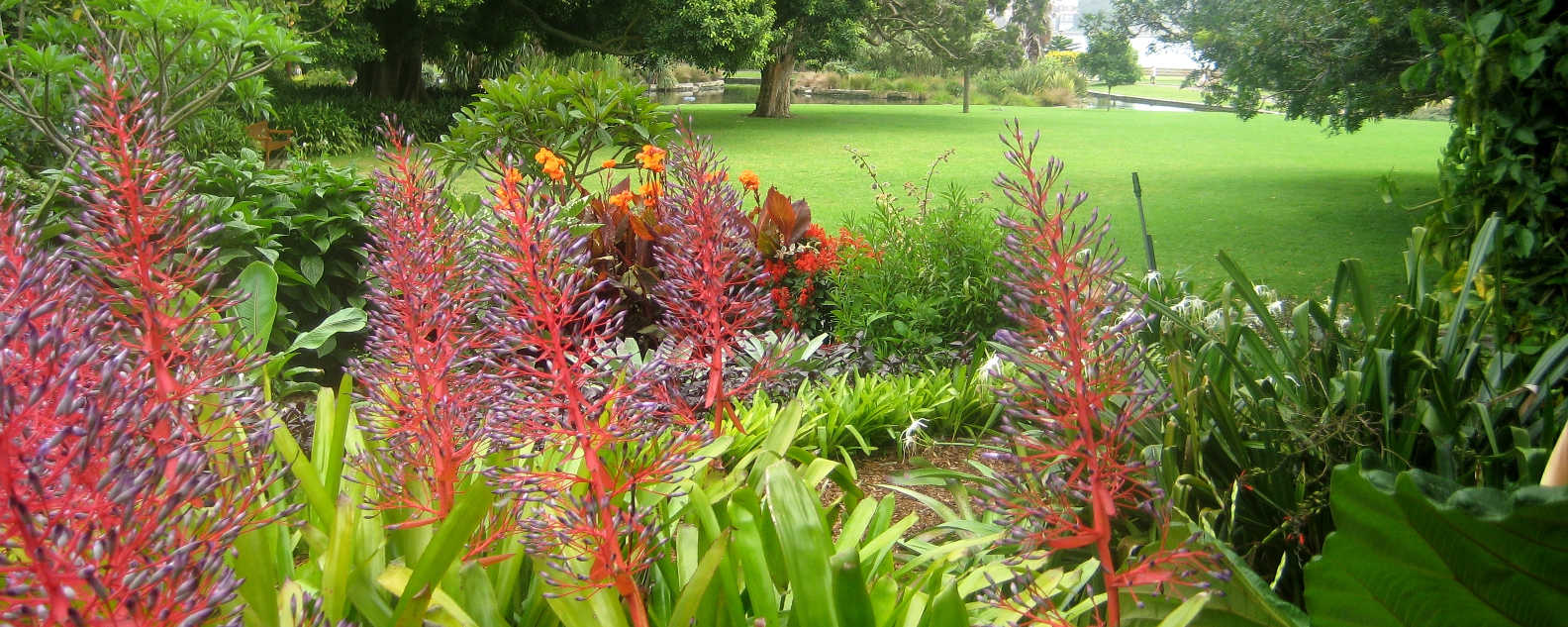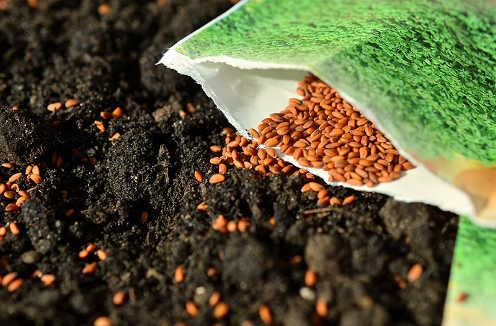Growing Herbs
If you’re looking for ideas for your garden you can’t go wrong with herbs.

Herbs are tolerant of a wide range of growing conditions and they grow well with very little maintenance. For healthy, flavoursome and fragrant herbs we have divided them into four categories with hints for each group.
Soil preparation and aspect
Generally, herbs prefer a light, well-drained, crumbly soil, but most will grow satisfactorily in heavier soil provided there is good drainage.
Before planting, dig the soil to a depth of about 25 cm. Remove all weeds and break up clods to bring the soil to a moderately fine texture. If the soil lacks humus, place 5-10 cm of compost on the surface and dig in to spade depth. At the same time, apply animal manure, blood and bone, or a complete fertiliser. Agricultural lime or dolomite can also be beneficial if mixed in at the rate of about half a cup to the square metre. If possible, prepare the soil several weeks before planting.
For best results, plant herbs where they will receive sun all day. Some, such as parsley and mint, are tolerant of partial shade.
Vegetable culture herbs
Anise, Basil, Caraway, Capsicums (Sweet Peppers and Chillies), Catnip, Chervil, Chicory, Chives, Cumin, Coriander, Dill, Endive, Fennel, Garlic, Horseradish, Land Cress, Lovage, Parsley, Rocket, Salad Burnet, Shallots.
Gardening tips:
High soil fertility: use organic or complete fertilisers with high nitrogen content at rates recommended for vegetables.
Watering: water well in summer.
Mediterranean climate herbs
Catmint, Chamomile, Curry Bush (Grey Leaf), French Tarragon, Germander, Hyssop, Lavender, Lemon Verbena, Marjoram, Nasturtium, Oregano, Pineapple Sage, Pyrethrum, Rosemary, Rue, Sage, Santolina, Savories, scented Geraniums (Pelargoniums), Thyme, Wormwood, Yarrow.
Gardening tips:
Low to moderate soil fertility: these plants thrive if mushroom compost is used as a soil conditioner or surface mulch.
Lime soils: as plants in this group are mainly natives of chalky (limey) soil, an annual application of lime or dolomite would be beneficial.
Watering and drainage: these plants enjoy extremely well drained soil, if you have poorly-drained clay soil, raise beds at least 20 cm. Incorporating gypsum and compost will improve drainage. Avoid overwatering.
Ample summer moisture herbs
Angelica, Baytree, Bergamot, Cardamon, Comfrey, Elderberry, Five-in-one, Heartsease, Lemon Balm, Lemon Grass, Lovage, Mints, Sorrel, Water Cress.
Gardening tips:
High soil fertility: use organic or complete fertilisers with high nitrogen content at rates recommended for vegetables.
Watering and drainage: these herbs will not flourish if allowed to dry out, especially in summer. If regular watering is not possible, mix organic compost into the soil and also surface mulch to a depth of at least 10 cm to help retain moisture.
The soil should have reasonable drainage rather than being water logged. Mints and Water Cress perform best in wet conditions.
Suit most conditions
Aloe Vera, Borage, Feverfew, Purple Coneflower, Tansy, Winter Tarragon.
Gardening tips:
These herbs will grow well under conditions outlined for herb categories 1, 2 or 3.
Mints can be very invasive, so grow them in a separate area or in a container.
Planning your herb garden layout
Sunlight
Most herbs taste best if grown in full sun. However, a strong characteristic flavour can be had by exposure to as little as five hours sunshine per day.
Pruning
The lower stems of perennial herbs tend to become woody with age. To avoid this, it’s best to tip prune from a very early age. Frequent picking for use keeps plants bushy and growing strongly. Never pick all the leaves off the plant. Leave some to sustain future growth.
Location
As herbs are frequently used in cooking, it is wise to grow them close to the kitchen.
Annual herbs
With herbs such as basil that die off in winter, it is a good idea to let a few plants go to seed in autumn. You can then collect the seeds to re-sow in spring.
Biennial herbs
Herbs such as parsley are inclined to go to seed in their second year, so a new crop should be planted every year.
Container gardening
Many herbs will grow well in containers, especially in a warm, sheltered location.
Related resources
